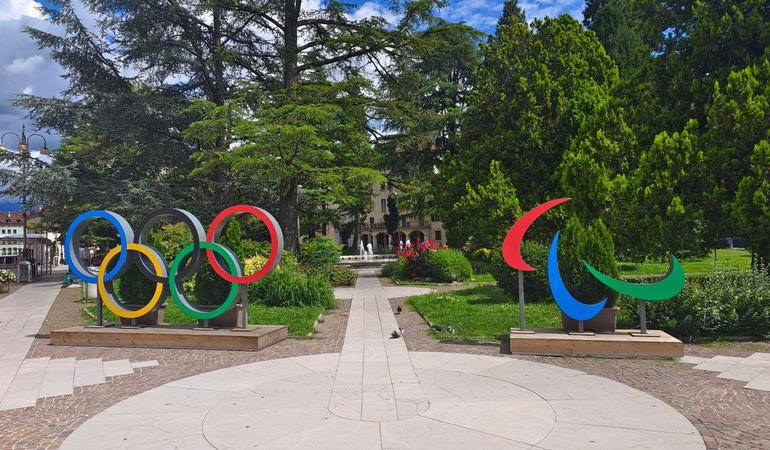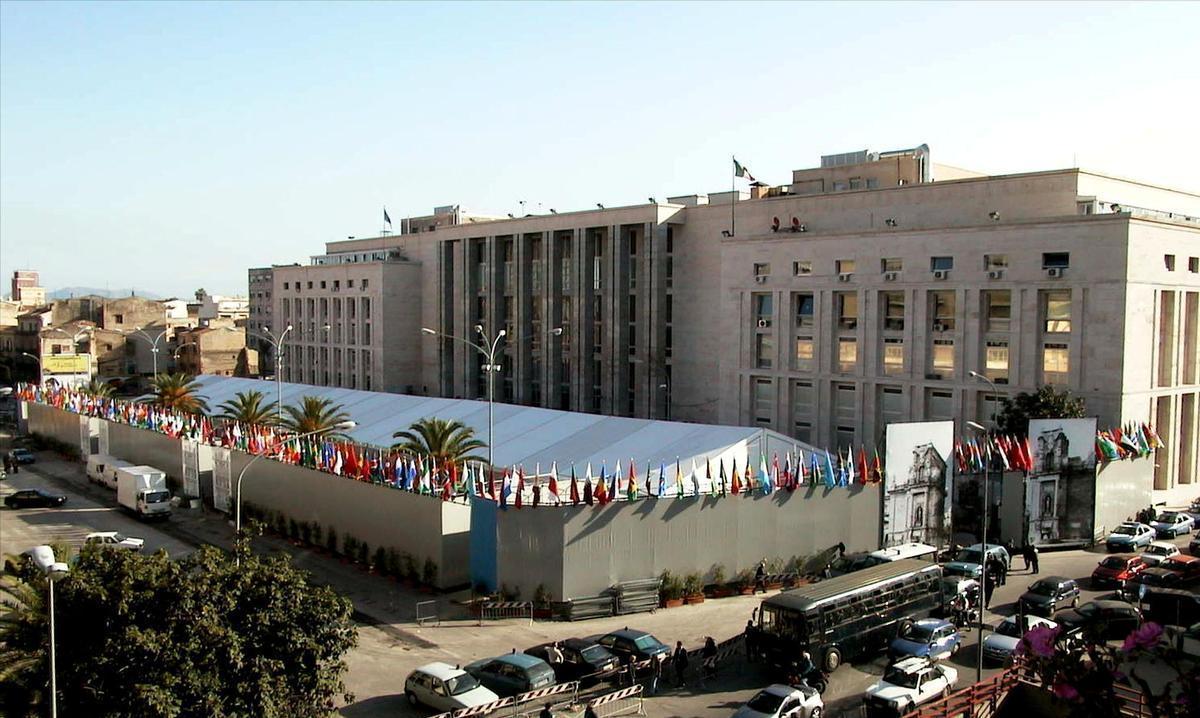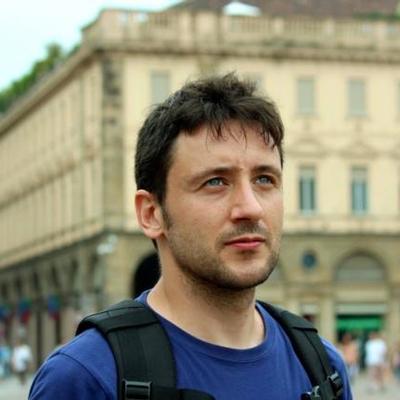
Milano-Cortina. Ecco come verranno spesi i 450 milioni di euro delle paralimpiadi



9 febbraio 2023
Two decades ago, the choice to sign the UNTOC Convention in Palermo was no accident. After the bloody war between the Mafia clans in the 1980s and the murders of 1992, the Sicilian capital was struggling to rehabilitate its image and shake off the label of ‘world mafia capital.’ On the 15 January 1993 the Carabinieri had arrested Salvatore Riina, the chief of the Sicilian Mafia, and for a large portion of the public opinion that had marked the beginning of a turning point: at last, the public powers were counter-attacking and forcing organized crime to retreat. Twenty-two years down the road, it is safe to say that the Sicilian Mafia had just changed its strategy. The mobsters had given up using explosives in attacks that caused a public uproar and had gone back to directly infiltrating political institutions, as they had done in the past. Proof of this is that a few years later, Salvatore ‘Totò’ Cuffaro—who between 1996 and 2008 was first an elected member, then the president of Sicily’s Regional Council—lost his final appeal and was jailed after being found guilty of aiding and abetting Cosa Nostra.
The fight against transnational organized crime, an urgent matter
"Palermo, the epicenter of the fight against the Mafia, looks safer and cleaner"The New York Times
The enthusiasm over the decision to hold the UNTOC Convention signing ceremony in Palermo was palpable. The city, shining with Christmas decorations, was under heavy security measures at the arrival of Italy’s President Carlo Azeglio Ciampi, of UN Secretary General Kofi Annan and other prominent figures. Photo-reporters and videographers filled the streets of downtown Palermo, for once not to cover a new Mafia crime. The three-day summit obtained lavish media coverage, and internationally renowned newspapers such as the New York Times, Le Figaro and Die Welt devoted ample space to the event. Many comments were overly upbeat: if the NYT headline read, ‘Palermo, the epicenter of the fight against the Mafia, looks safer and cleaner,’ the French news-daily wrote, ‘the horror aroused by the murders has pushed Italian authorities to react.’ The German reporter was more level-headed: ‘In recent years, Palermo has tried to erase its old image.’
The British newspaper The Guardian picked up an article by Attilio Bolzoni and Francesco Viviano, published by Italy’s La Repubblica on Dec. 14, recalling that the compound where the signing ceremony was to be held had been built in part by developers in cahoots with the Mafia and only later turned into Palermo’s courthouse. The two authors mentioned Riina’s ‘Minister of Public Works,’ Angelo Siino, a.k.a. Bronson, ‘who had stretched his hands over the first building contract, worth 73.9 billion Lire,’ as well as the company, ‘Sinces Chiementin of Rome, officially owned by one Gioacchino Sciacca, in actual fact led through Siino himself by Giovanni Brusca, the perpetrator of the Capaci attack which had claimed the life of Giovanni Falcone.’ According to the newspaper’s sources, Riina had been among the first persons to examine the building project: ‘He had all the blueprints in hand even before the bulldozers started digging.’
Angelo Siino, when he was arrested in 1997, told the investigators, ‘The courthouse is still our own thing.’ Also involved in the contract were the Buscemi brothers, who procured the concrete. They belonged to the Boccadifalco clan, which ‘shared with the Corleonesi,’ wrote La Repubblica, ‘a monopoly on concrete manufacturing in the whole of Sicily.’ The same newspaper revealed that another portion of the contract had been ‘awarded to Tecnoedile, a company owned by Agostino Catalano, the father-in-law of Vito Ciancimino, the Mafioso who, as mayor of Palermo, knew a lot about public works.’ The construction work was completed by a few old companies, some after replacing their managers who had been investigated and arrested, others after being placed under receivership.
While foreign media could be expected to provide inaccurate coverage of the events, some comments from Italian quarters triggered a controversy. Pino Arlacchi, then Deputy Secretary General of the UN, launched into a triumphant speech culminating with the words, ‘This is the final stage of our fight against the Mafia.’ The speech hit the headlines the next day, and replies were not long in coming. The first came from Interior Minister Enzo Bianco, a former mayor of Catania: ‘Saying that the Mafia is over was untimely. That is far from true, actually we are very concerned over the Mafia’s new strategy: it is lucid, clever and very determined.’ Arlacchi later rectified saying that the Mafia had been defeated, but only ‘temporarily.’
"Apparently, the protocol contains an obligation that certain governments do not feel like complying with"Il manifesto
The Vice-president of the Italian Parliament’s Anti-Mafia Committee, Nichi Vendola, a prominent member of the Communist Refoundation Party, scoured the signing ceremony as a ‘propaganda parade’ far removed from the real problems Sicily was facing. Il Manifesto, Italy’s self-designated ‘Communist news-daily,’ wrote on Dec. 14, 200, in a comment regarding the 20 countries who had refused to sign the protocol on the smuggling of migrants: ‘Apparently, the protocol contains an obligation that certain governments do not feel like complying with.’ As for the protocol against the illegal manufacturing and trafficking in firearms, the newspaper noted, it had hardly been discussed at all: ‘That is because no-one wishes to embarrass the US, the elephant in the room.’
Illegal weapons trafficking is un understimated phenomenon
So while pop-singer Al Bano, designated as Special UN Ambassador, was performing at the gala in Palazzo dei Normanni – Palermo’s City hall – hundreds of people took to the streets in various neighborhoods. Many of them gathered at the Zisa castle, where Libera and ISPAC, the UN’s International Scientific and Professional Advisory Council on crime prevention and drugs, were holding a workshop entitled, ‘Citizens against the Mafia.’ The media dubbed the workshop a ‘counter-conversation,’ but in actual fact it was meant as a parallel event to address issues e left out of the official agenda, such as environmental crimes. On the subject, Libera, Legambiente and the Italian Solidarity Consortium-ICS announced the establishment of a dedicated observatory in the Albanian city of Vlorë (Valona).
La tua donazione ci servirà a mantenere il sito accessibile a tutti
Riformata. Così il governo vorrebbe la magistratura, ma l'obiettivo è solo limitarne il potere
La tua donazione ci servirà a mantenere il sito accessibile a tutti